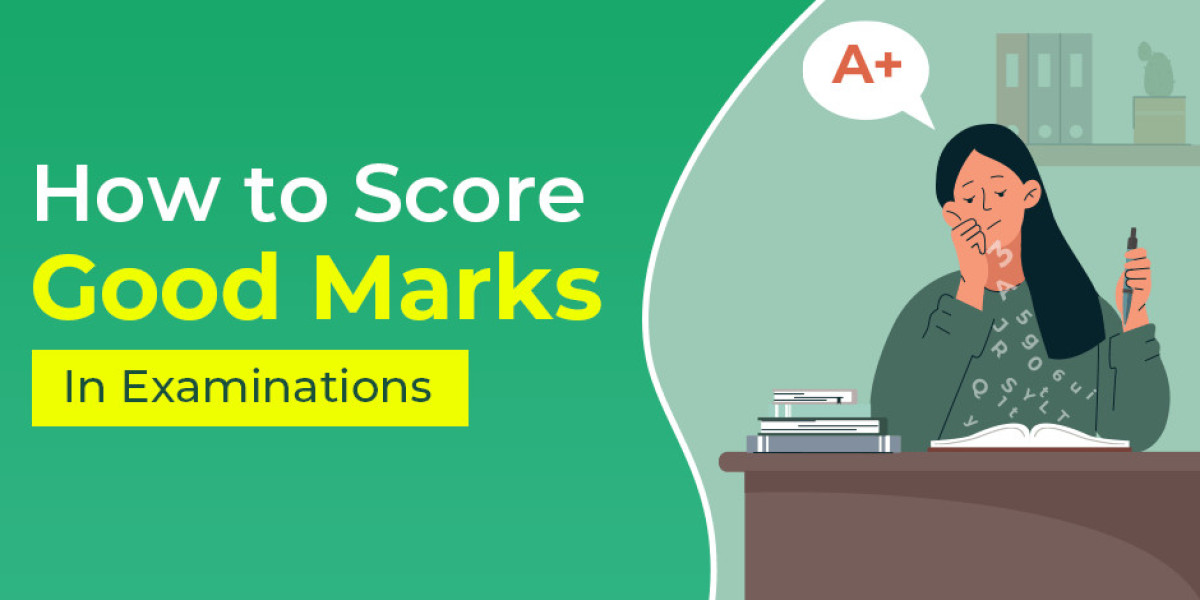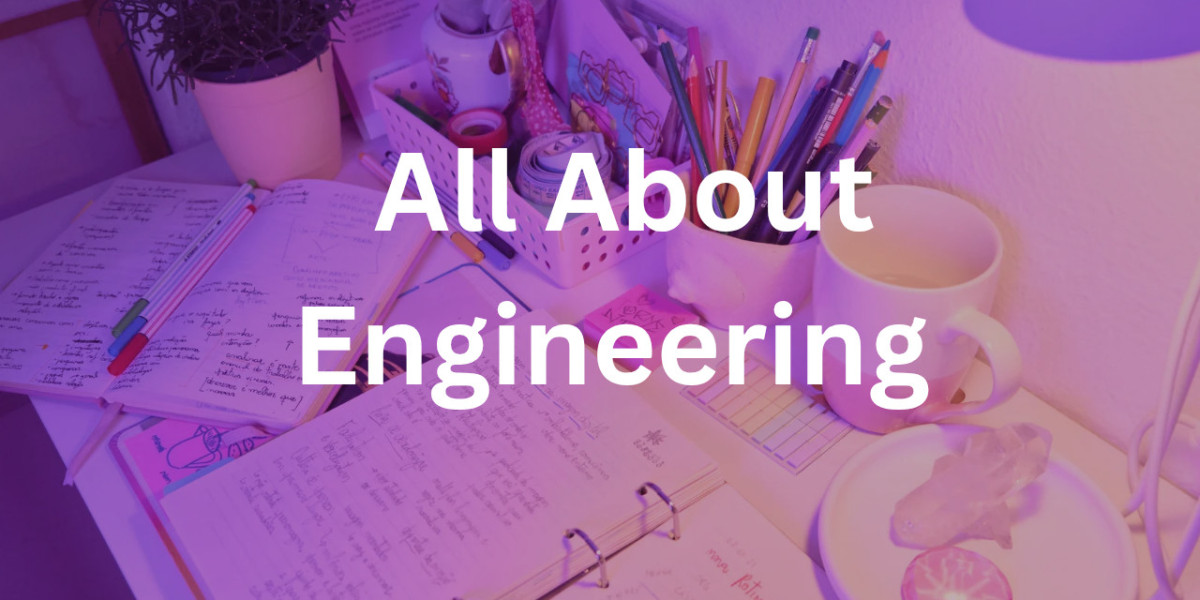Studying is essential for personal growth, career success, and societal advancement, as it builds knowledge, skills, and confidence. Effective study habits include finding a good study space, minimizing distractions, taking regular breaks, spacing out study sessions, and setting clear goals. For better retention, use active strategies like self-testing and practice tests, and consider forming a study group.
Why studying is important
Personal growth: Studying improves confidence, self-esteem, and reduces stress and anxiety around exams.
Career advancement: It builds job-specific skills and demonstrates a willingness to learn and take initiative, which is valued by employers.
Educational success: It is crucial for achieving academic goals and preparing for further education, such as university.
Societal progress: Education helps challenge inequalities, fosters critical thinking, and contributes to the uniform development of a country.
Effective study strategies
Minimize distractions: Find a good study spot and create an environment with as few interruptions as possible.
Use intensive sessions: Shorter, focused study sessions (30–45 minutes) are often more effective than long, drawn-out ones. This is known as "intensive" studying.
Space out your studying: Distributing your study time over several days helps with long-term retention, making it more effective than cramming.
Set goals: Define clear, specific goals for each study session to stay on track and motivated.
Test yourself: Active recall strategies, such as self-testing or practice tests, are highly effective for improving learning efficiency.
Study with others: Consider forming a study group to discuss material and learn from different perspectives.
Reward yourself: Plan a reward for completing a study session or reaching a goal to help with motivation.
Take breaks: Regular breaks are crucial for maintaining focus and preventing burnout.
Stay healthy: Taking care of your physical and mental well-being is an essential part of effective studying.





